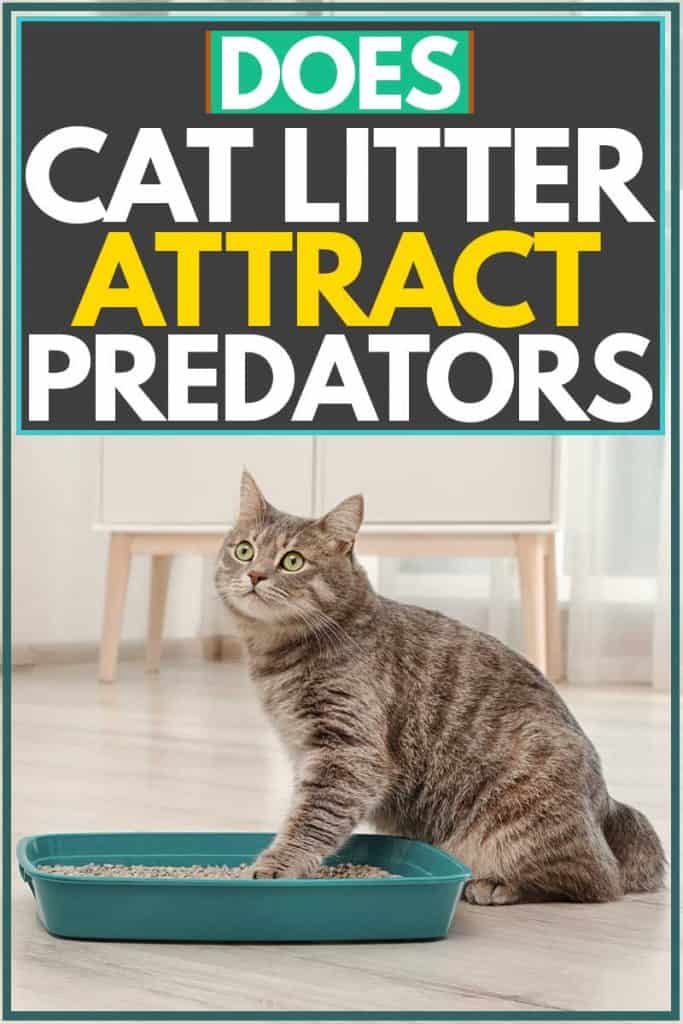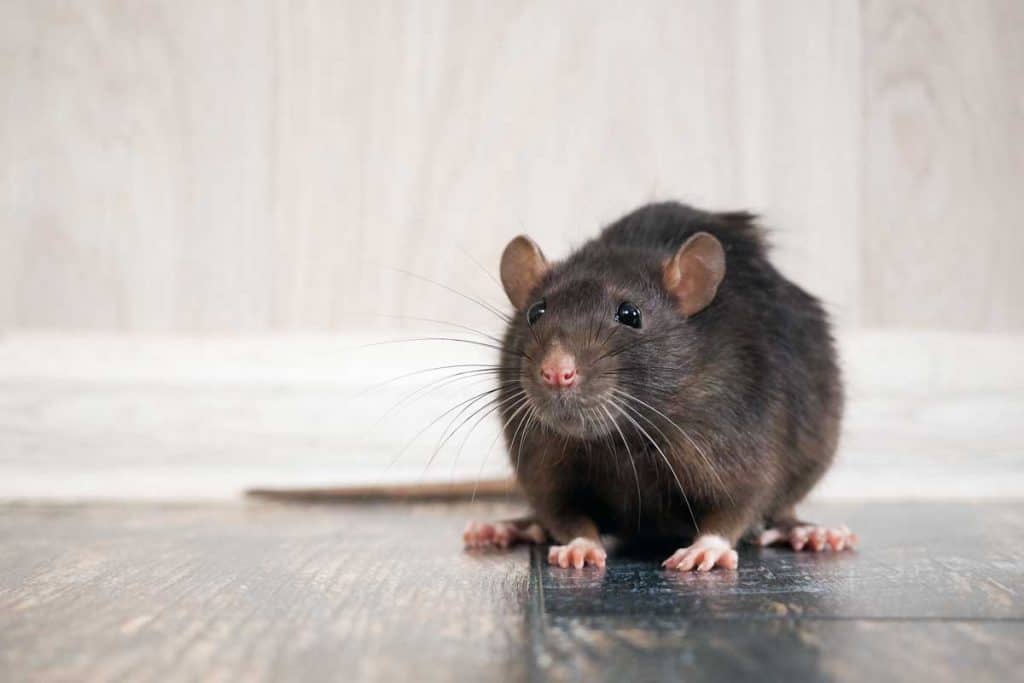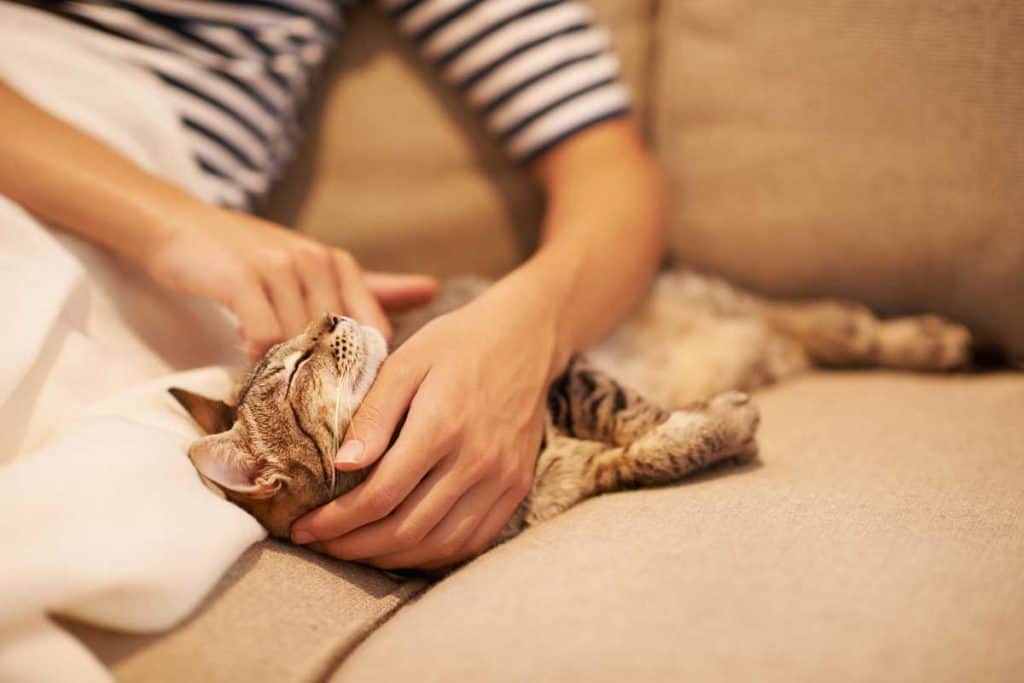In this article, we will be discussing a question that is of great concern to many cat owners: Does cat litter attract predators?
This question often arises when owners, tired of a lingering odor from their feline's litter box, consider moving it outdoors.
While this might seem like an easy solution, could it inadvertently put your cherished pet in the crosshairs of nearby predators?
We'll explore this question in detail, addressing its various facets, including the types of predators that could pose a risk, actions to take if your cat gets attacked, and the connection between cat litter and rodents.
Ensuring the safety of your pet is our priority!

The Consequence of Outdoor Litter Boxes
Those who care for cats understand the frustration that arises from a perpetually odorous litter box. It's not uncommon for the thought to occur that relocating it outside could alleviate this nuisance.
However, would this seemingly straightforward solution inadvertently convert your home into a radar blip for nearby predators? To address this concern, we've gathered factual data to provide you with the best information.
The reality is that cat litter does indeed attract predators such as foxes and coyotes.
The distinctive odor emitted by your cat's waste serves as a beacon, guiding these creatures directly to your pet, transforming them into vulnerable targets.
To underscore the power of this scent, it's worth noting that coyote trappers often utilize cat litter as a potent bait.
However, it would be an oversimplification to end the conversation here.
In the following sections, we'll broaden the scope of our discussion, investigating other potential predators that may be drawn to your pet due to the presence of an outdoor litter box.
What Predators Put Cats at Risk?
Several predators pose substantial risks to cats who adventure outdoors. Each of them could use cat litter to become apprised of your feline's location.
There's only a few to provide extra incentives to keep the litter box inside:
Foxes
Among the predators who hunt cats, foxes happen to be the least dangerous.
They find great sport in hunting and chasing cats. But a fox will usually back down when a cat puts up a fight.
This trait doesn't mean foxes are harmless, though. These creatures can carry diseases, such as rabies, which can make them overly aggressive.
Foxes are also known to attack when they get a little too excited. If this does happen, a well-placed strike could easily kill a cat.
Coyotes
Coyotes are much more dangerous to cats than foxes. A coyote will attack a cat without hesitation and with only one purpose in mind: killing and eating your cat.
You must limit your cat's interaction with them by any means necessary.
An excellent way to limit their interaction is by keeping your cat in at night and in the early morning.
Coyotes are nocturnal hunters and are often most active during these periods. There are specific ways to deter coyotes from approaching your backyard, as well.
The Human Society of the United States provides a guide discussing this exact topic. Following these guidelines could go a long way to keeping your cat safe.
Cougars
Over the last couple of decades, cougar sightings have become more commonplace in the USA. This rings especially true for people living in the west or southwest part of this country.
Due to this, cat owners have to be on high alert in areas populated by them.
Cougars are mostly nocturnal and love to ambush prey, which includes domestic cats and other pets. Keeping your cat home at night would be a wise move.
What Should I Do If My Cat Does Get Attacked?
If your cat does get out and comes home with battle scars, the first to do is inspect them thoroughly. Located any wounds, clean, and disinfect them.
You must ensure to remain calm throughout this process. A cat owner who starts to panic will only stress out their hurt feline.
Giving them plenty of reassurance and affection will help a lot, as well.
Your cat probably wasn't expecting a fight, which means them being in shock is possible. Look for these symptoms to help determine whether or not they're in shock:
- Vomiting
- Pale or discolored gums
- Diarrhea
- Depression and Lethargy
- Irregular breathing
- Seizures
- Loss of consciousness
We also suggest taking them to the vet after an altercation with another animal. This suggestion even applies to owners who can't find any signs of physical harm.
Vets will do a more thorough examination than you ever could, checking for internal bleeding and diseases.
Does Cat Litter Attract Rodents?

Cat litter doesn't deter or attract rodents on its own. However, cat litter becomes a deterrent to them when your cat uses it. But using this litter to keep rodents away is extremely unhygienic and rather gross.
The reality is that used cat litter smells. As a result, spreading it around would only make matters worse.
It would fix your rodent problem, but the entire backyard and home would smell like a used litter box.
Cat owners who do find themselves with rodent problems should find an alternative method.
Here are a few suggestions to ensure this issue goes away quickly:
Using Mouse Traps
Many mouse traps exist in today's market. These include snapping traps, poison, and even humane traps, which capture them until a human can release them back into the wild.
We suggest going with either snapping or humane traps for cat owners.
The poison route could be extremely dangerous for pets. They might get into it and do severe damage to themselves.
Getting Another Cat
If your home suddenly has rodent problems, it could be a simple matter of an older cat getting lazy.
It might be time to get a kitten or younger cat who has the energy to chase down these rodents.
This solution might result in a few more dead rodents around your home. But having an energetic cat remains the easiest and cheapest way to deal with these nuisances.
Call in an Expert
Cat owners who have severe problems with mice and rats inside their homes should call an expert.
Even the most energetic cat can't contain a rodent problem that has reached infestation size.
These experts will cost a great deal of money, but they're professionally trained to deal with rodent problems.
They shouldn't have any issues getting these rats and mice out of your home.
We hope our discussions on cat litter's impact on other animals answered all your questions.
But if you still have a few, please let us know in our comment section. We'd love to help in any way possible.
Keep your cat safe - indoors

The safest place for a cat is inside your home. This is especially true if you have potential cat predators in your area.
There are other risks associated with allowing your cat to roam freely outside -
- Car accidents
- Dogs
- Attacks from other cats
- Disease spread by other cats
- Parasites
- Malevolent humans
If you think Kitty will benefit from access to the great outdoors, consider putting up a cat enclosure on your property.
It should be firmly secured to make sure your cat can't get out - and other animals can't get in.
Hopefully, this helped you get a better understanding of the risks for your pet if you put their litter box outside.
For more information about litterboxes and their uses, check out these other posts on Litter-Boxes.com:


![cat examines kitty litter box with eco-friendly silicate litter - Can You Wash and Reuse Crystal Cat Litter? [Answered]](https://litter-boxes.com/wp-content/uploads/2023/08/cat-examines-kitty-litter-box-with-eco-friendly-silicate-litter-300x200.jpg)
